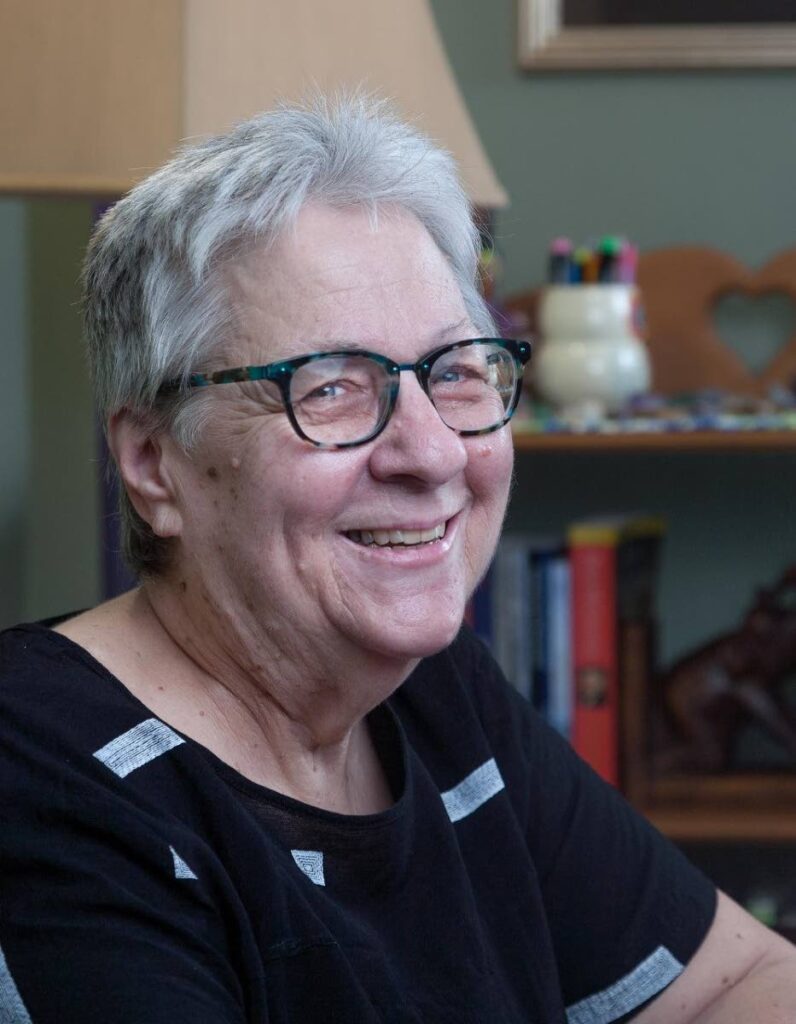The uplifting Olympics

FOR 19 days every four years, the Olympics showcase what we achieve when we allow ourselves to rise above the politics that divide the world. The Olympics cross political boundaries to celebrate athletes’ passion and perseverance; collaboration and endurance. No wonder videos of Simone Biles and Jordan Chiles bowing to Brazil’s Rebeca Andrade went viral.
Who can dismiss the image of the American gymnasts, Biles with her silver medal and Chiles with her bronze in the gymnastics individual floor exercise bowing to Andrade, the gold medal winner, as she stepped up on the podium? That magnanimous gesture demonstrated the highest level of sportsmanship.
Celebrating togetherness turned out to be the theme of this Olympics that reminded us athletes are humans – not machines only trained to win medals. Some athletes –like Andrade – come from abject poverty. Their journeys were more arduous than we can imagine. Ordinary people like Turkey’s Yusuf Dikec show greatness comes from anywhere.
Dikec, a mechanic, took up shooting after his recent divorce and won a silver medal. He wears no special gear or clothes – just jeans and a T-shirt. He picked up a gun out of frustration, but found a positive outlet for his anger and new-found skill. I find hope in that – even though he could tone down the digs against his wife.
Small Caribbean islands – St Lucia, Dominica and Grenada – proved there’s no place in the world too small to make an impact. Trinidadian athletes proved heart, passion and trying your best add up to more than medals, though winning medals is nice. We take talent for granted in the Caribbean. In TT, we are inconsistent in our support.
This Olympics proved the importance of inclusion. Physically impaired athletes carrying the Olympic torch and the oldest French Olympian sitting in a wheelchair in the middle of an empty square waiting for someone to pass the torch to him should have moved us. Disabled athletes took centre stage in the opening ceremony. But for me, nothing felt more uplifting than the paraplegic fitted with an exoskeleton walking with the Olympic torch in the opening ceremony.
From the opening ceremony on, Paris put on a show asserting its unique identity: bold and sometimes brazen; creative and sometimes tasteless. Sequana, the armoured goddess of the Seine River, created a breathtaking image blending mythology, history and pageantry as she rode a horse through Paris. The hot-air balloon with the Olympic flame soaring above Paris looked brilliant.
Criticise the choices artistic director Thomas Jolly made all you want. I believe in freedom of speech, but don’t forget how the Paris Olympics stressed inclusion – down to Algerian boxer Imane Khelif who had been banned by other boxing organisations prior to the Olympics for having too much testosterone.
Remember Khelif, embroiled in misinformation about her sexuality, was born a woman and identifies as a woman. She overcame bullying in school, turned her father’s opinion around to support her passion for boxing and created a movement of Algerians to support her. Khelif used her controversial spotlight to highlight bullying.
Bespectacled Stephen Nedoroscik, “pommel horse guy,” reminded us looks can be deceiving. Imaginations soared as he secured a team bronze medal in gymnastics for the US and won a bronze medal in the individual event. Clark Kent took off his glasses and became Superman; Nedoroscik removed his glasses to be his version of a superhero. The nerdy-looking geek who meditates and solves Rubik’s cubes to relax before his performance made glasses cool.
Taking off his glasses for his routine empowered visually impaired and other disabled children to dream bigger. He erased that boundary that places physical limitations on success.
We can always expect surprises in the Olympics. For the first time, an African, Letsile Tebogo of Botswana, won track and field’s 200 metre race, upsetting American Noah Lyles, who earned bronze. Tebogo claims he will not be the new face of track and field. He said, “I am not arrogant and loud like Noah Lyles so I can’t be the face of the sport.” He dreams of seeing more African Olympic athletes.
Cynics will continue criticising the 2024 Olympics. Yes, it had flaws and confusion. We should not shut down constructive criticism, but we shouldn’t let negativity overshadow all the good, bright and hopeful moments that prove heart and hard work offer immeasurable success.
Only focusing on what’s negative means you miss all the inspirational moments and forget in the end the good always outweighs the bad.

Comments
"The uplifting Olympics"